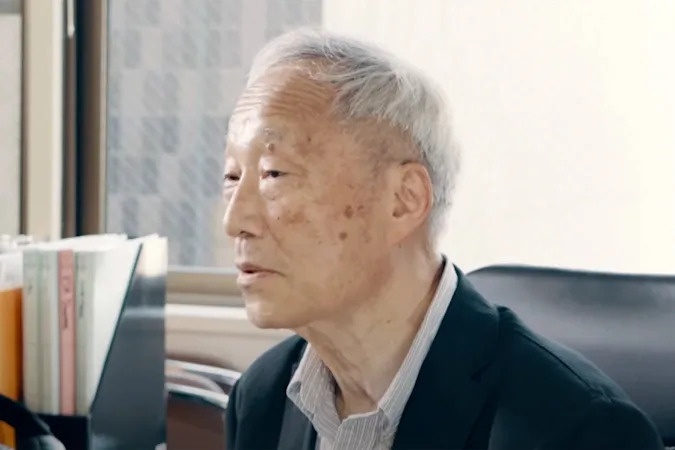Photo: ANA Global
By: Nick Gambino
The creator of both the NES and SNES, Masayuki Uemura, died on December 6. The brilliant mind behind the console that made Nintendo a household name, and single-handedly saved the video game industry, was 78 years old.
Uemura joined Nintendo in 1971 after a stint working for Sharp selling photocell technology, including to his soon-to-be employer, the future home of Mario. He spent the 1970s working on various projects for the Japanese company, including creating an electronic light gun game (that used photocell tech) called Beam Gun: Duck Hunt, a forerunner to the future NES title.
It wasn’t until 10 years later in 1981 where the future of home gaming would change forever, set into motion with a single phone call.
“President Yamauchi told me to make a video game system, one that could play games on cartridges,” Uemura said in an interview with Kotaku last year. “He always liked to call me after he’d had a few drinks, so I didn’t think much of it. I just said, ‘Sure thing, boss,’ and hung up. It wasn’t until the next morning when he came up to me, sober, and said, ‘That thing we talked about—you’re on it?’ that it hit me: He was serious.”
He got to work developing the home gaming console that they would call the Family Computer (or Famicon) in Japan and, eventually, the Nintendo Entertainment System in the U.S. The rest is history as they say. The NES would go on to sell 62 million units globally with more than half of those coming from North America.
The creation of the NES is a crucial page in the history of gaming and has a direct effect on everything we see today from Xbox to PlayStation. It’s not that the NES was the first home console, that achievement belongs to the Magnavox Odyssey in 1972, but the NES was the first to completely dominate the global market.
When the video game industry was bottoming out in the early 80s, the NES arrived on the scene and restored faith in the home console system by never sacrificing or misrepresenting quality. It was more than a gaming console, it was an 8-bit entertainment system, an undeniable attraction. This attention to quality, especially quality of graphics, was all Uemura.
Determined to keep a firm footing at the top of the burgeoning home gaming market and to avoid being a one-hit-wonder, Uemura went on to once again break down virtual walls with the creation of the Super Nintendo or SNES (Super Famicon in Japan).
Uemura continued working at Nintendo as a visionary until 2004 when he retired and began teaching and conducting research on video games as a professor at the Ritsumeikan University in Kyoto, Japan.
Video games are now a multi-billion-dollar-a-year industry, achieving technical feats that make 8-bit look like Ball in a Cup. The entire industry owes a debt of gratitude to the unrelenting vision of Masayuki Uemura.










